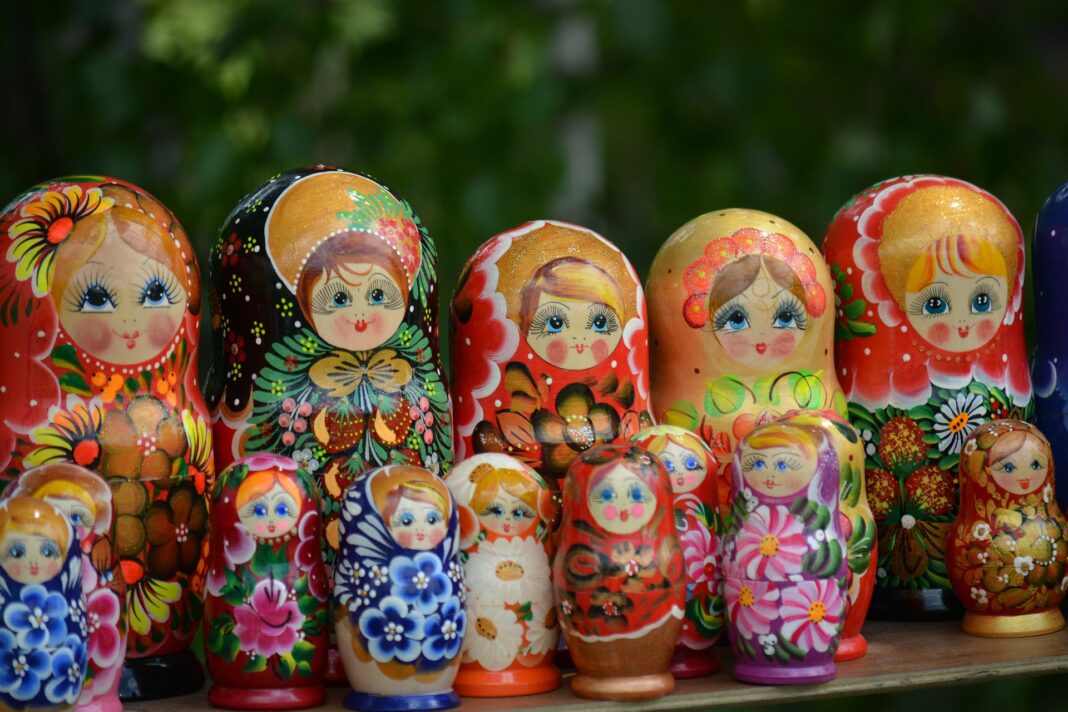Author: Robert Břešťan, HlidaciPes.org, Czech republic
What the Polish diplomacy openly announced to the world at the end of May, the Czech diplomacy has been patiently trying to promote at the European level for almost a year. The aim is to prevent Russian diplomats, who in many cases are merely a cover for the activities of intelligence officers, from moving as easily and freely within the Schengen area as they do now.
Although the Russian espionage exposure in the Czech Republic has decreased after the mutual expulsion of diplomats in connection with the Vrbětice case (two Russian GRU agents blew up an ammunition depot, killing two people), it is still significant in neighbouring countries. In Austria, for example, where several international organisations are based, the number of Russian diplomats is estimated at around 500.
And even though Germany has cut the Russian diplomatic corps on its soil from the original seven hundred, it is still about 200 people whose movement around the EU is now practically uncontrollable. The Czech initiative would like to change that.
“In the long term, we propose to restrict travel of Russian diplomats within the Schengen area. This means that they should only operate in the country of their posting or accreditation. I think this is in the interest of the security of the Member States and the European Union as a whole. We are discussing this in Brussels and we will continue to discuss it – both with the European institutions and with key member states,” Deputy Foreign Minister Jan Marian, who is responsible for relations with Russia, says.
Years of Russia’s containment policy
Support for a tougher approach towards Russia is growing within the EU. This can be proved by Poland. Polish Foreign Minister Radoslaw Sikorski said after a meeting of European Union foreign ministers that Russian diplomats will continue to be allowed in Poland only in the Warsaw region and those from consulates only in the province where they operate.
The current rule is that if – in this case a Russian -diplomat obtains accreditation in one of the European countries, he automatically obtains a Schengen visa for the entire EU. However, the restriction of movement would only make sense if all Schengen member states agree on it.
Czech diplomacy has been working on this for about a year, according to Deputy Minister Jan Marian: “We are, of course, in a situation where we do not have internal borders in the EU and we do not have permanent or regular controls, but we have a proposal ready that is legally sound and would then allow for some form of control. We are working on this at European level, with key partners, and we have negotiated support from a number of states. We will continue to do this because we see it as a great security interest for the Czech Republic.”
Although the number of Russian diplomats in EU countries has significantly decreased after February 2022, there are still dozens of them in some EU Member States, and hundreds in others. “That is why our proposal that these people would not be able to travel freely within Schengen,” explains Jan Marian.
“We think that Russia has aggressive intentions and that this cannot be expected to change in the coming years. It’s not a question of Putin as a person, it’s a question of the whole system, so I’m afraid we’re looking at years or maybe decades of containment policy and we can’t expect – even though some might still want it – business as usual, political and economic cooperation,” he said.
Activists, journalists, academics…
According to the Czech intelligence agency BIS, Russia routinely used diplomatic cover for its intelligence officers. In the Czech Republic, this option has been significantly reduced after the maximum number of diplomatic positions at the Russian embassy in Prague was reduced to seven and the consulates in Brno and Karlovy Vary were closed.
“Free movement within the Schengen area is a way to supplement them, to replace them, and it is much harder for the relevant authorities to monitor people who cross the border freely and have diplomatic cover. It is also good to learn lessons, to look at the experience of the Swedes and Finns, who dealt with the purchase of real estate next to military bases, on islands, in bays connected to submarines. We too must continue to do our homework and work on our resilience,” says Jan Marian.
Immediately after Russia launched a war against Ukraine, the Czech Republic suspended – with some exceptions – the issuance of visas to citizens of Russia and Belarus.
“Although I sometimes hear criticism that we are too strict about this, on the other hand, we have a government program called Civil Society for the Citizens of Russia and Belarus, under which we usually have people from the opposition, human rights activists, journalists, and some entire Russian editorial offices based here. Prague is one of the centres where these people come to in Europe,” Jan Mariansaysand adding:
“We welcome some people from the exile community here: intellectuals, academics, and of course that community can be a source of opportunities.”

